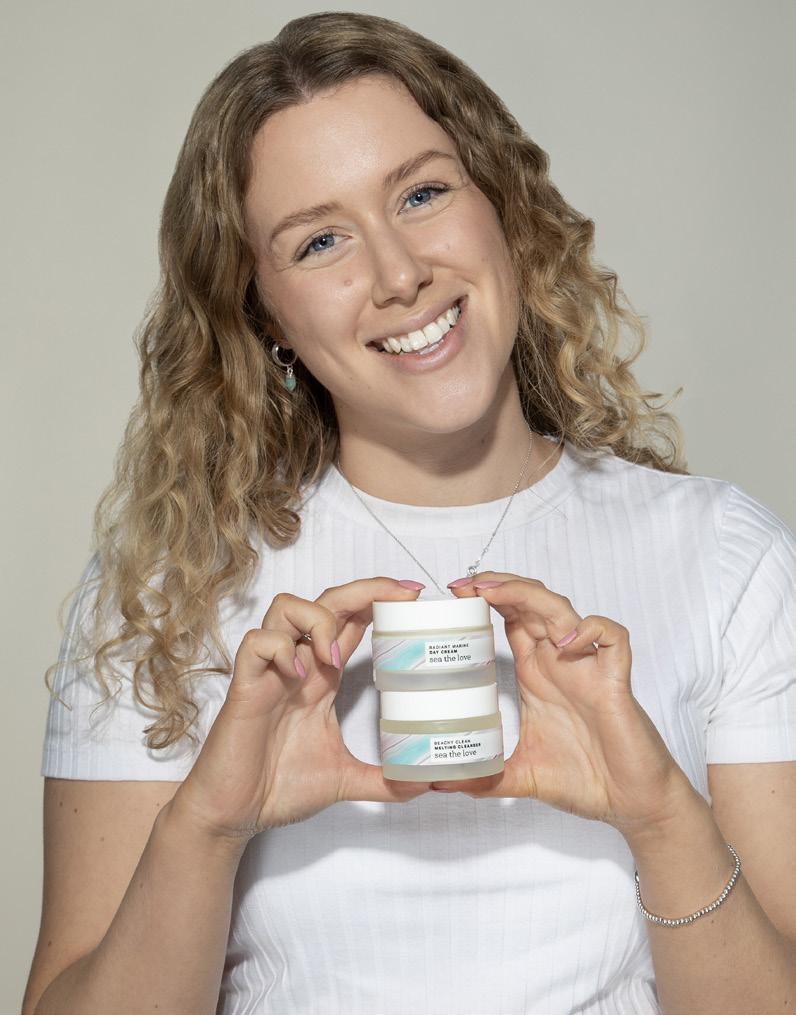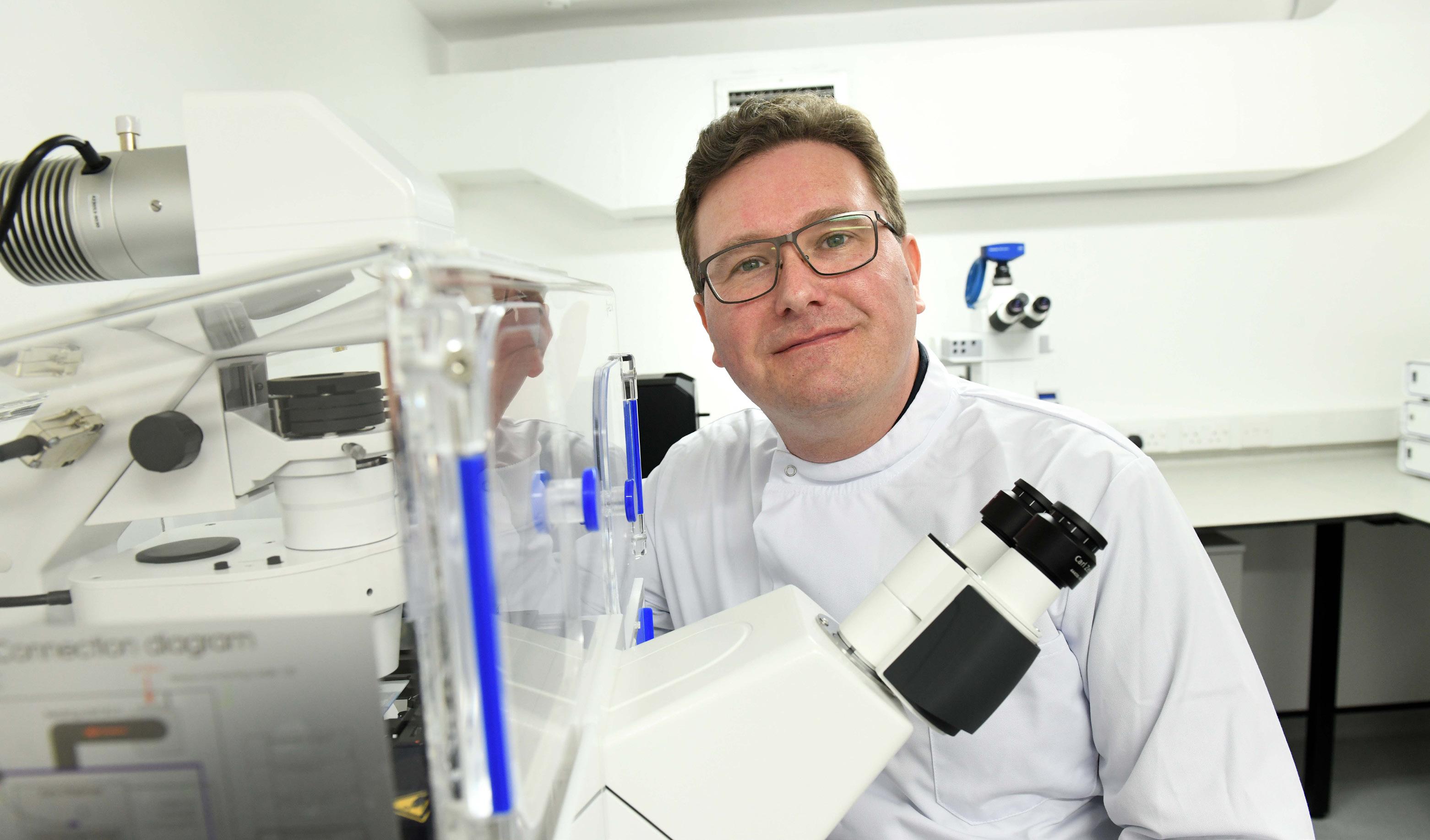
2 minute read
Making water out of thin air and sunlight
to use the system and its robust mechanical build means it can be operated in any environment. This allows Solar2Water to be deployed quickly and easily to any location, such as disaster zones, field hospitals, offices, refugee camps, army camps and remote communities where there is no grid connection or water availability nearby.
Dr Shahzad’s technology could be game-changing in helping to achieve sustainable water supplies in underdeveloped areas and will help to progress the UN’s Sustainable Development goal of ‘Clean Water and Sanitation for All’.
Speaking about the project, Dr Shahzad said: “Previously I have done a lot of work on large hybrid water plants, especially in Saudi Arabia, where we successfully commercialised a seawater desalination system. During that experience, I learned that the most ignored communities are the remote and non-coastal communities, where they don’t have any grid connection or water supplies. That is where the inspiration for this project came from, with the idea being to develop this decentralised water solution, to provide water for remote communities, refugee camps and even field hospitals, using solar energy and the ambient air. Importantly, Solar2Water also has the potential to help women and girls in remote communities, who often spend hours each day walking miles to collect water. Producing water from air at their locality using solar energy can help remove barriers to education and recreational activities, ultimately helping communities to escape poverty.”
Dr Shahzad secured initial funding from Northumbria to demonstrate the Solar2Water concept. Following the successful development of the prototype in the lab, Dr Shahzad was granted proof-of-concept funding from Northern Accelerator, an exciting collaboration between the North East’s universities, set up to create real-world impact from world-leading research, commercialising innovation and boosting the region’s economy. The pilot system can produce enough water for three to four households – 15 to 20 litres per day – but the team behind Solar2Water have plans to upscale the production capacity to 50 litres per day, so that one unit can produce enough drinking water for a small community. The proof-of-concept funding is supporting the scaleup and commercialisation of Solar2Water. Their ultimate aim is to launch a Northumbria spinout company that could mass produce the units to supply to communities in need worldwide.
Tim Hammond, Programme
Lead of Northern Accelerator and Director of Commercialisation and Economic Development at Durham University, said: “There is significant potential for the excellent research conducted in the North East’s universities to help address some of the challenges we face regionally, nationally and globally. Northern Accelerator has transformed university spinout performance from the region’s universities, helping academics use their research to achieve real world social and economic impact. Our integrated approach to the commercialisation ecosystem includes providing funding for proof-of-concept projects.
Northern Accelerator are pleased to be able to support Dr Shahzad with this funding - to help bring the technology closer to being a commercial product that can be made available to those who struggle with access to clean drinking water.”
Click the QR code to watch a video about Solar2Water.










